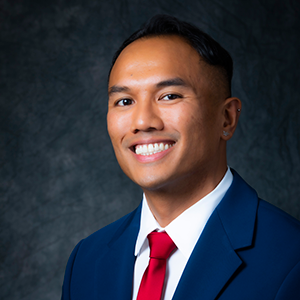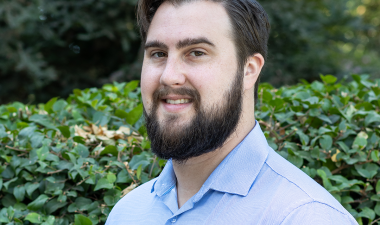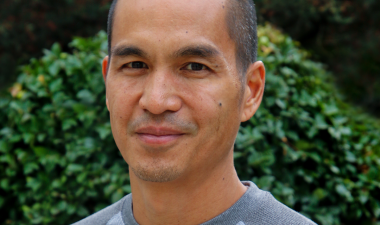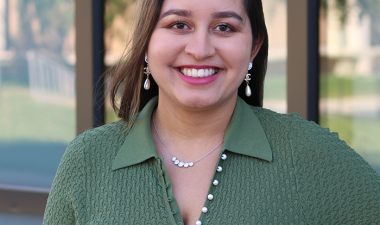Jude Paul Dizon, an assistant professor of educational leadership at Stanislaus State, is committed to fostering racial equity in higher education. By actively engaging with historically marginalized groups and addressing the barriers they face, his work is dedicated to fostering environments of safety and inclusion for all students.

“Since 2020, there has been a lot of discussion and activism around rethinking what safety looks like on college campuses,” Dizon said. “Particularly when thinking about police violence and how minority communities historically have had a contentious relationship with the police.”
Dizon’s commitment to racial equity and interest in contributing to academic research recently earned him a $75,000 grant from the Spencer Foundation to fund research at six tribal colleges across the country located in the Midwest, Southwest and West Coast.
“In a lot of the recent discourse, Indigenous perspectives are not really included or present,” Dizon said. “We are interested in how these communities cultivate safety for their students.”
Collecting insights from a largely underrepresented community, Dizon and his colleagues intend to establish a solid foundation for these perspectives and practices to be represented in their research. By conducting studies at tribal colleges, they are not only integrating Indigenous knowledge but also laying a groundwork for comprehensive research-based recommendations.
This approach ensures that the insights gathered will serve as a valuable resource for colleges and universities seeking to support diverse campus communities.
“Typically, campus safety may be conducted separately from diversity, equity and inclusion,” Dizon said. “This project is meant to highlight how campus safety can be combined with those principles and implemented to satisfy the needs of everyone.”
While studying at the University of California, Berkeley, in 2005, Dizon experienced racial inequity firsthand. As a Filipino American and first-generation college student, he had trouble navigating the complexities of higher education and felt he didn’t receive proper guidance to help him.
Fortunately, Dizon discovered the feeling of isolation dissipated when he found a supportive community within clubs led by students of color. Through these clubs, Dizon and his peers made a dedicated effort to give back to high school students by providing them with information about attending college.
These experiences ignited his interest in supporting underrepresented students. After earning his Bachelor of Arts in Development Studies, he earned his Master of Education from the University of Vermont, which propelled him toward a career in student affairs.
“I want to advocate for policy change so college and university administrators can be fully equipped to support students and provide them with the resources they need to be successful,” Dizon said.
“I think when you serve the most marginalized, you’re better able to serve the whole community,” Dizon said. “This project will be an example of how colleges can create policies and practices that are grounded in what best serves student, staff and faculty needs.”



